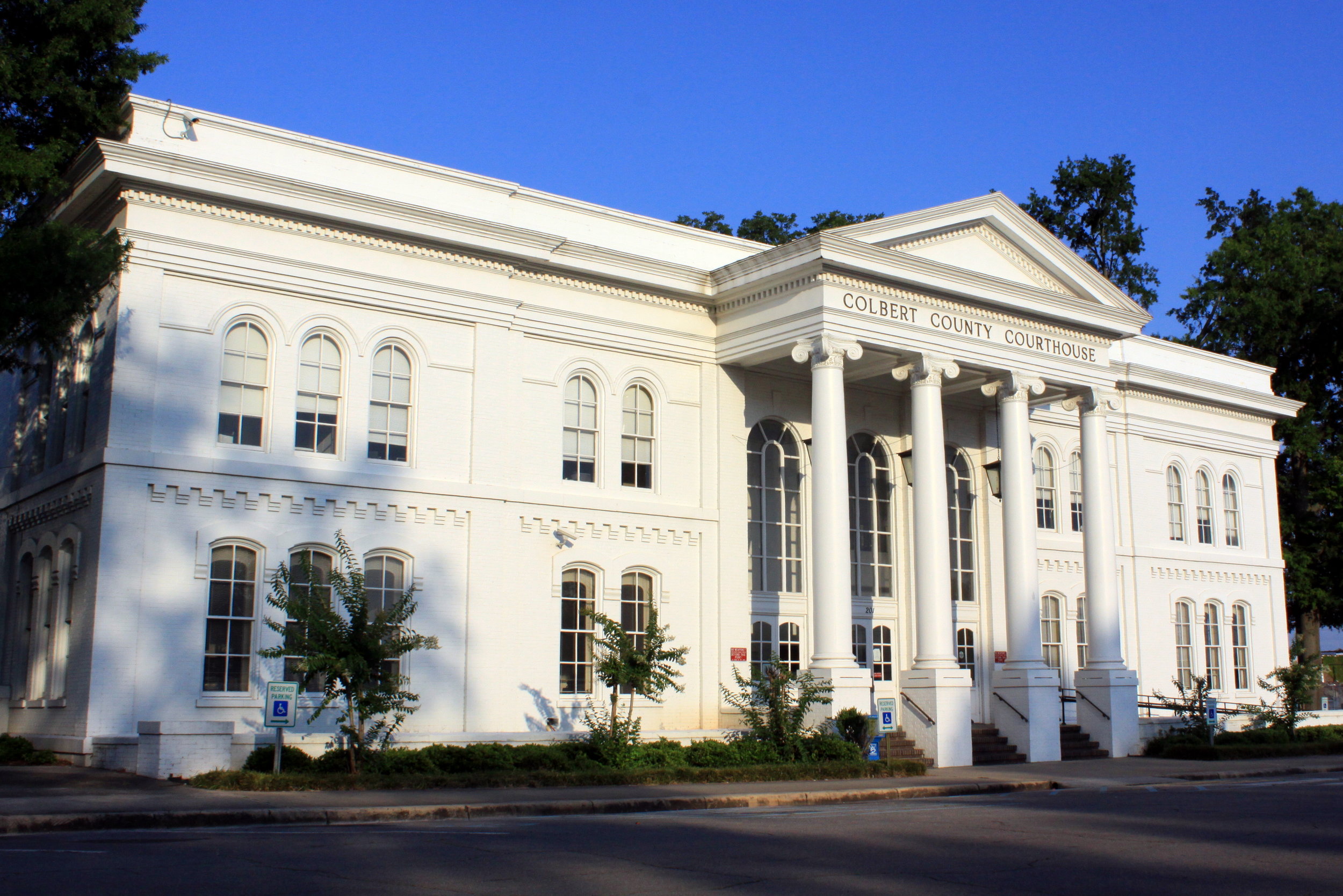Equality Now or Freedom Forever?
On Feb. 9, 2015, same-sex couples ran from Alabama courthouse to Alabama courthouse in pursuit of legal marriage licenses. In twenty-three counties, couples found them with ease. But throughout the rest of the state, they were blocked by recalcitrant judges standing in courthouse doorways. In 1963, Governor George Wallace of Alabama also stood in a doorway, specifically that of the University of Alabama’s Foster Auditorium. He stood there to prevent Vivian Malone and James Hood from entering the all-white school to illustrate and defend his promise: “Segregation now. Segregation tomorrow. Segregation forever.”
For many, the contentious reasoning of Chief Justice Roy S. Moore of the Alabama Supreme Court and the impending federal government’s ruling on same-sex marriage recalls images of Wallace’s standoff from not so long ago. The emergent discussion has reflected that connection and focuses on two points: Moore’s arguably absurd conservatism and the plight of the couples effected by his obstinacy. However, the situation recalls an even older image and political issue as well—the boundaries between federal powers and state powers.
At least dating back to Andrew Jackson’s presidency in the early nineteenth century, the line between federal and state government on particular issues has caused confusion. Then, the issues at stake concerned things like internal improvements, but the underlying questions are the same today: exactly which issues are the state’s responsibility and which are the federal government’s?
Perhaps Chief Justice Moore’s decision to maintain the statewide ban on same-sex marriage was not resistance to social progress, but resistance to a federal infringement upon state responsibility. And even if that wasn't Moore's reasoning— it should have been.
In 1840 Alexander de Tocqueville published the second volume of Democracy in America. His work describes the state of American life in the early nineteenth century, but also discusses the character of a democratic people. In Part Two of the second volume, he writes of democratic peoples’ dangerous love for equality:
"I think that democratic peoples have a natural taste for freedom; left to themselves they seek it, they love it, and they will see themselves parted from it only with sorrow. But for equality they have an ardent, insatiable, eternal, invincible passion; they want equality in freedom, and, if they cannot get it, they still want it in slavery."
De Tocqueville’s warning specifically confronts a democracy's love of equality, but it also suggests that a society’s love and concern for a particular ideal or issue can obscure its understanding of the full implications of its actions. In support of equal rights for same-sex couples, Americans might also inadvertently support the federal government expanding its powers beyond its intended scope.
Whether the federal government’s actions truly did expand its powers in the case on same-sex marriage in Alabama, Americans’ lack of concern for the loss of freedom is troubling. Many news articles sharing stories of a homosexual couples’ marriage license success or dismay, appeal to Americans' emotions and turn their attention away from sober considerations of their government’s legislation. As the federal government takes on special interest cases, one by one, the state governments lose their powers and this weakens the United States' federalist system, turning it into a despotic one. With each of those articles, Americans’ eyes are further open to equality but have a harder time seeing freedom.


